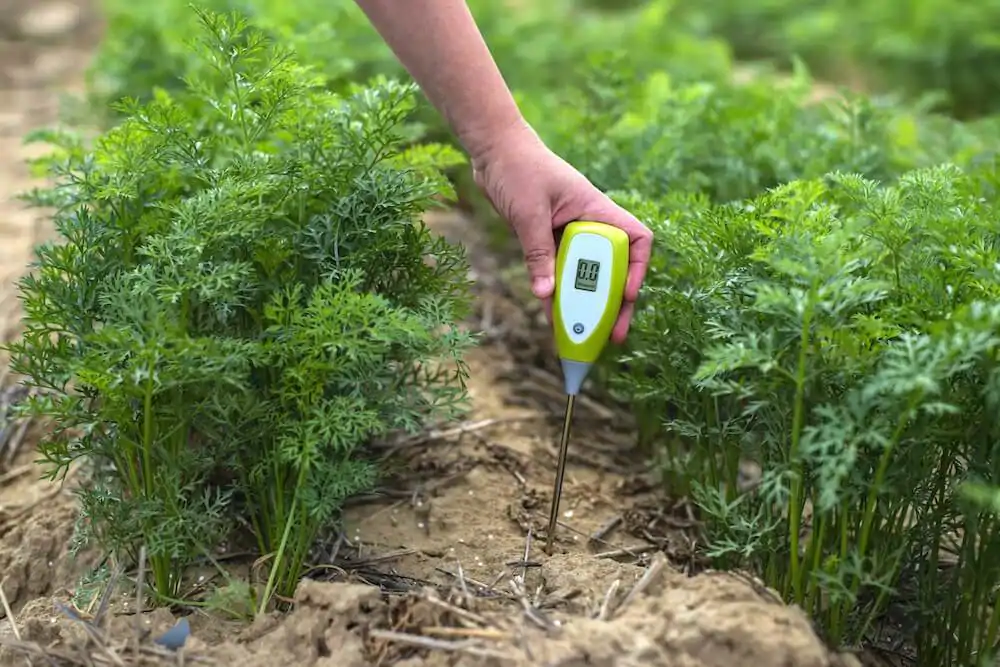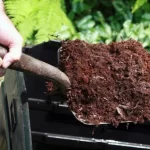
Adding organic matter is a very important part of a good garden soil treatment program. It provides your plants with essential nutrients and helps maintain a proper pH balance. In addition, it improves your garden soil’s structure and texture. A soil test will provide you with important information about your soil, such as its organic matter percentage and general fertility. The results will help you determine which amendments to add to your soil. For instance, cow manure is a great way to add nitrogen to your soil because it decomposes quickly.
Soil treatment can also help remove harmful chemicals that are affecting the growth of your plants. It can also help amend your soil if it is too rocky, clayey, or acidic. The best time to treat your soil is before it freezes, when the natural breakdown period begins. Mulch is another great soil treatment to apply. It helps keep the soil warmer and encourages soil organisms to stay active later in the season.
Compost added to the soil also helps to hold moisture in the soil and discourage weeds. It also provides a home for beneficial microbes and worms. Different garden soil treatments have different advantages, so it is a good idea to test a few to find the best one for your needs. A good compost contains Effective Microorganisms, which help control pathogens and odors, and speed up the breakdown of plant materials.
It is also important to test the pH of your soil to make sure it is at the proper level for your plants to grow well. The optimal pH level for a garden is 6.5 or higher. When the pH is too low, plants may not be able to absorb essential nutrients from the soil. Soil pH testing can help you determine the appropriate balance of nutrients, organic matter and minerals in your soil.
Organic matter is the single most important ingredient in a good soil treatment program. This substance helps clay soil drain better and retain more water and nutrients. In addition to organic matter, soil organisms also help make soil healthy by binding soil particles into aggregates. This includes worms, nematodes, springtails, bacteria, and protozoa. These creatures help transform the soil and make it more hospitable for plants.
There are several types of soils, and learning about them can help you plan a better garden. For example, most of Durham County is characterized by Ultisol soil, which is the result of heavy rain leaching nutrients. It is also acidic and contains a lot of clay. A gardener can use a raised bed filled with a well-balanced soil mix to improve the soil in the area.
To improve the soil pH, you should add several inches of organic matter to your garden. This will improve drainage and reduce the amount of time you spend tilling your soil. Another option is to use a chemical called lime to lower the pH of your soil. This chemical is inexpensive and effective. However, it is important to test your soil sample to ensure the right pH.











